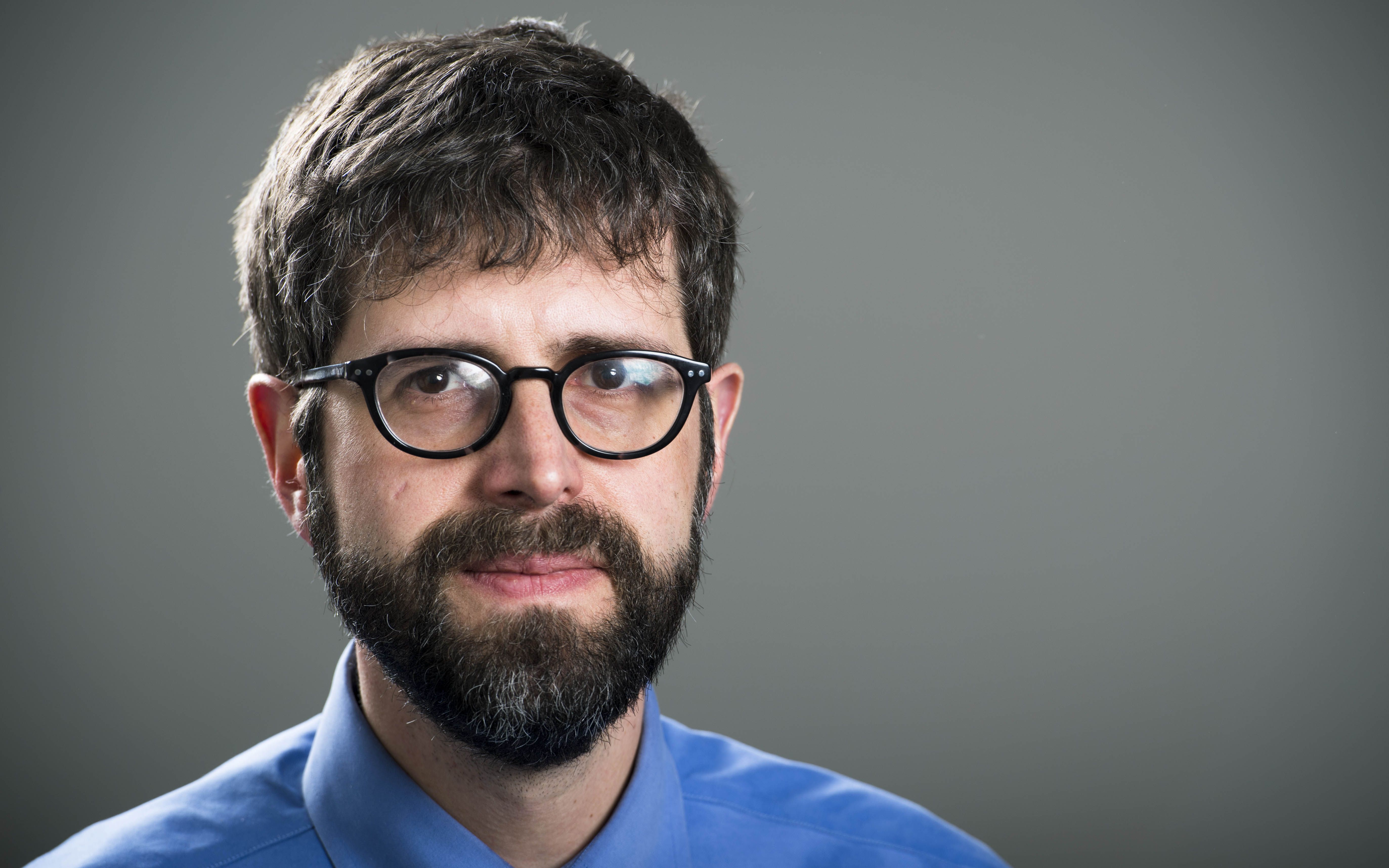The topsy-turvy politics of Conservation Futures and the YMCA
Spokane park leaders figured in November that the debate about the vacant downtown YMCA was about to end.
After all, the financial analysis demanded by City Council had just been released. It recommended accepting Spokane County's offer to use Conservation Futures property taxes to pay off the city's debt on the building. Councilman Mike Allen said the analysis had persuaded him to support the Park Board's request to use the money, and Councilman Al French even sponsored the proposal for a council vote.
But opponents of spending Conservation Futures money on the Y successfully delayed action until Allen was replaced on the council by Jon Snyder, and French ended up siding against the resolution he sponsored.
That vote in late November sent the decision into extra innings, and city leaders decided to solicit bids on the property.
Park Board members never expressed much worry about the process. They said their work on the building over the years pointed to a bid process that would result in no proposals that would guarantee full repayment of the city's debt. That guess turned out to be correct.
The question for supporters of securing the YMCA was finding a fourth vote.
Council members Joe Shogan, Steve Corker and Bob Apple always were open to the idea of using Conservation Futures. Richard Rush, who once supported the use of the county money, changed his mind early last year. New council members Jon Snyder and Amber Waldref indicated in their campaigns last fall that they didn't want to spend Conservation Futures on the land.
That left Councilwoman Nancy McLaughlin, the council's only self-described conservative. Park officials figured that once bids for development on the Y came back without a sure way to pay off the debt that she would vote in favor of Conservation Futures to avoid creating a bigger hole in the city's deficit or having to raise taxes.
But at a meeting early this month, McLaughlin held firm. She said Riverfront Park needs more activity and that use of the money would hamper the park by preventing future development. Her announcement led Corker to also argue against accepting the money.
“The one issue we need to resolve today is to say no to the county – that we’re going to solve this problem within our internal resources and our internal vision,” Corker said at the meeting.
Corker later said he made the statement because it appeared that the votes for Conservation Futures couldn't be secured and that it was time to move on.
What he didn't know was that Waldref's position had shifted.
In September, at a Spokesman-Review candidates' debate, Waldref questioned the use of Conservation Futures to secure the Y.
"I wonder if that's the best use of our taxpayer money," she said at the debate. "I would like to see that building at least reused for a period of time so that we could pay off some of the debt and then make a decision about how we would like to see that land used for the future."
On Monday, Waldref was the deciding vote for using Conservation Futures. She said she agreed that there are opportunities for mixed-use development around Riverfront Park, but not "in the critical shoreline area where this building sits."
"I've heard again and again from citizens, again tonight, that this space in the heart of our beautiful downtown, of our beautiful park, along our historic falls, is particularly valuable for all of us in the entire region," said Waldref, who was the only council member who took less than five minutes to explain her vote. "That's why I think we should preserve this area as open space to be protected in perpituity, and that's my No. 1 goal."
Waldref's vote shouldn't be too surprising. She, Rush and Snyder received a lot of support from environmental groups in their campaigns, but environmentalists were split on the YMCA.
Mountain climber and former County Commissioner and John Roskelley and Rachael Paschal Osborn, an attorney who fought for more natural flows over Spokane Falls, supported securing the land with Conservation Futures money. The Inland Northwest Trails Coalition and Rick Hastings, a co-founder of Friends of the Falls, argued against.
In his remarks Monday night, Corker cited the votes about to be cast by McLaughlin and Waldref as proof that council members are independent thinkers.
"I've watched a coalition that some people said couldn't be split, disagree," Corker said. "I love it. It's what makes this city great. ... It makes me so proud to be a part of this function."
Corker also stressed "how lucky" the city is that the YMCA debate has been the biggest debate so far for the City Council in 2010, while other cities are debating police and firefighter layoffs.
Of course with the city facing a $10 million structural deficit for 2011, no one's betting that the YMCA won't be eclipsed by pending financial gloom by the end of the year.
